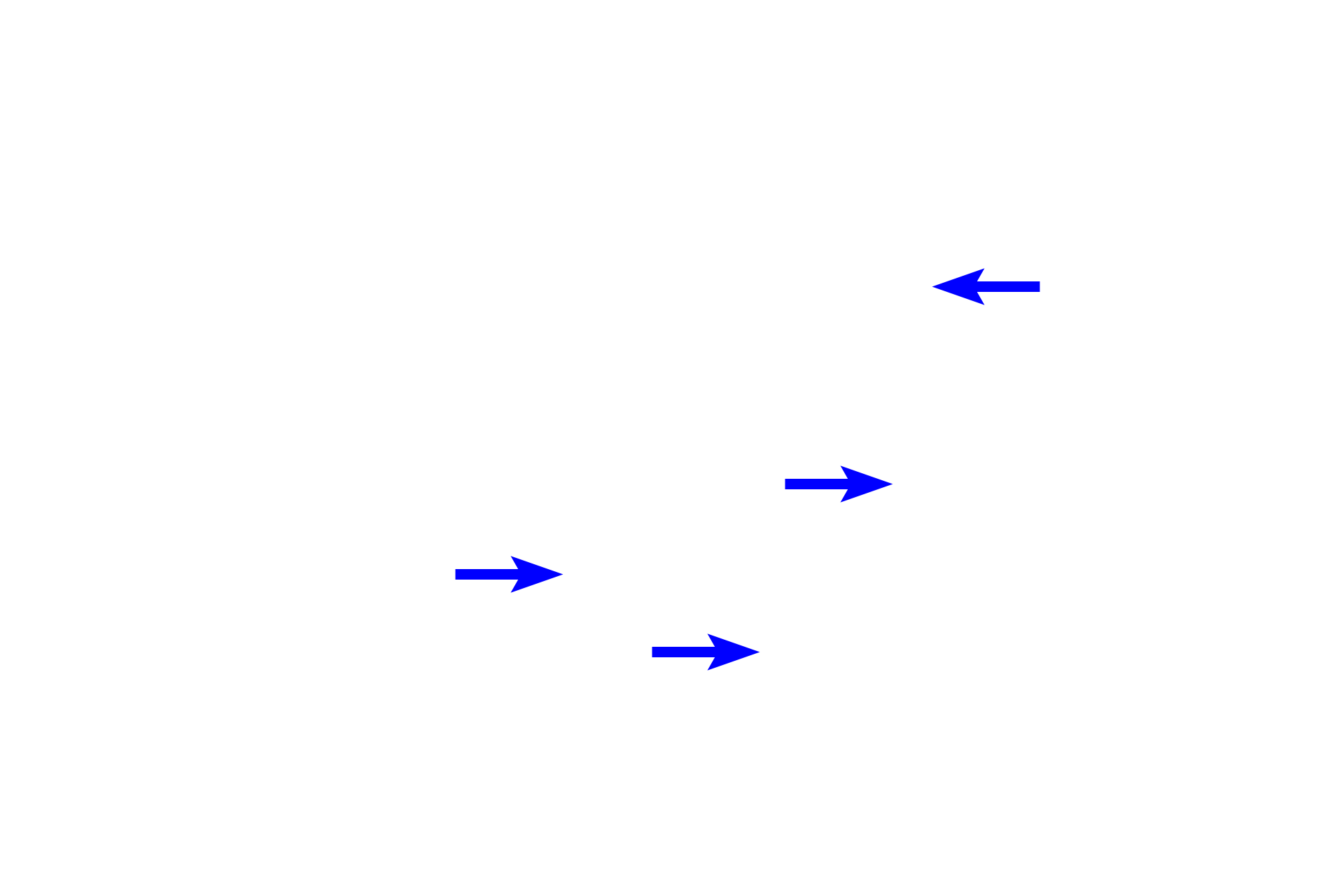
Compound acinar gland
Compound acinar glands demonstrate polarity. The base of each cell contains its nucleus and RER. Secretory granules accumulate in the apical portions of the acinar cells, and their contents are released by the merocrine mode of secretion into the acinar lumen. Pancreas 1200x

Acini
Compound acinar glands demonstrate polarity. The base of each cell contains its nucleus and RER. Secretory granules accumulate in the apical portions of the acinar cells, and their contents are released by the merocrine mode of secretion into the acinar lumen. Pancreas 1200x

- Acinar cells
Compound acinar glands demonstrate polarity. The base of each cell contains its nucleus and RER. Secretory granules accumulate in the apical portions of the acinar cells, and their contents are released by the merocrine mode of secretion into the acinar lumen. Pancreas 1200x

- Nuclei of acinar cells
Compound acinar glands demonstrate polarity. The base of each cell contains its nucleus and RER. Secretory granules accumulate in the apical portions of the acinar cells, and their contents are released by the merocrine mode of secretion into the acinar lumen. Pancreas 1200x

- RER
Compound acinar glands demonstrate polarity. The base of each cell contains its nucleus and RER. Secretory granules accumulate in the apical portions of the acinar cells, and their contents are released by the merocrine mode of secretion into the acinar lumen. Pancreas 1200x

- Secretory granules
Compound acinar glands demonstrate polarity. The base of each cell contains its nucleus and RER. Secretory granules accumulate in the apical portions of the acinar cells, and their contents are released by the merocrine mode of secretion into the acinar lumen. Pancreas 1200x
 PREVIOUS
PREVIOUS